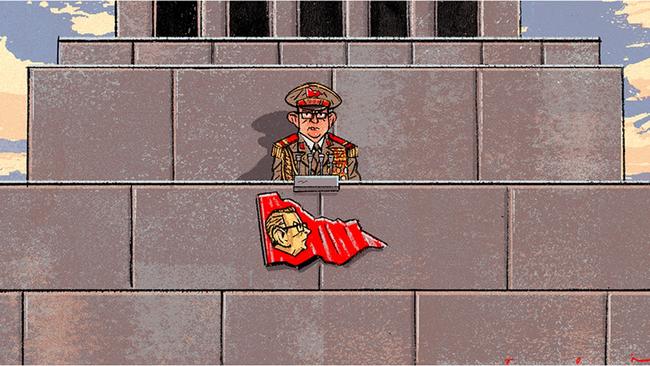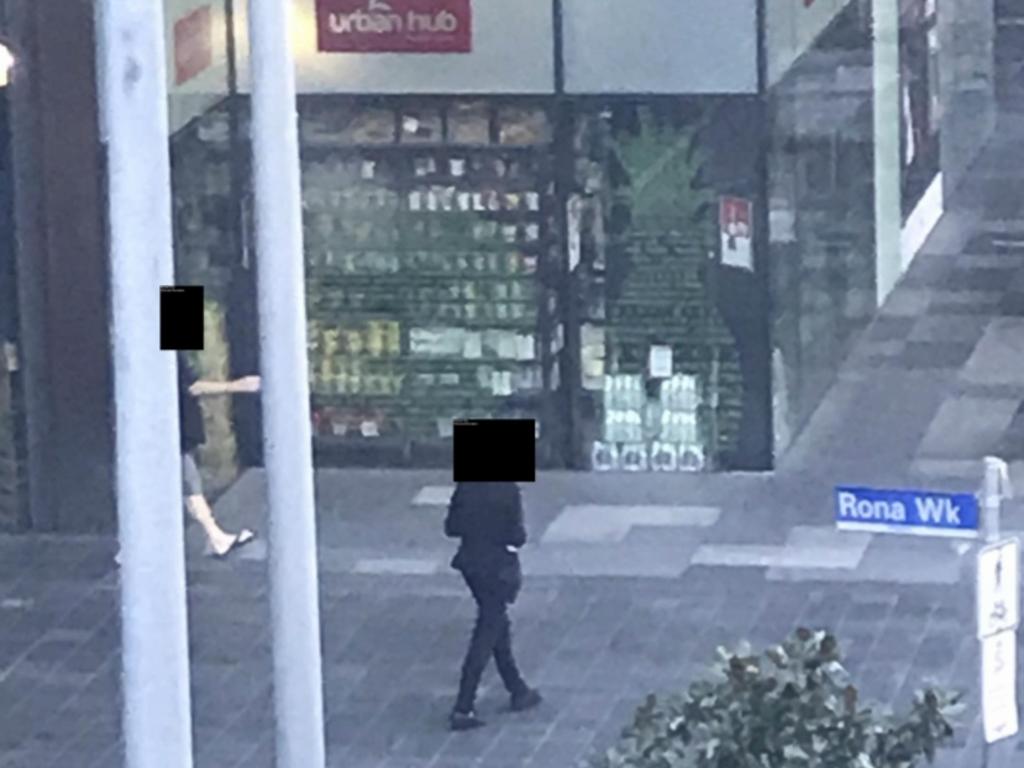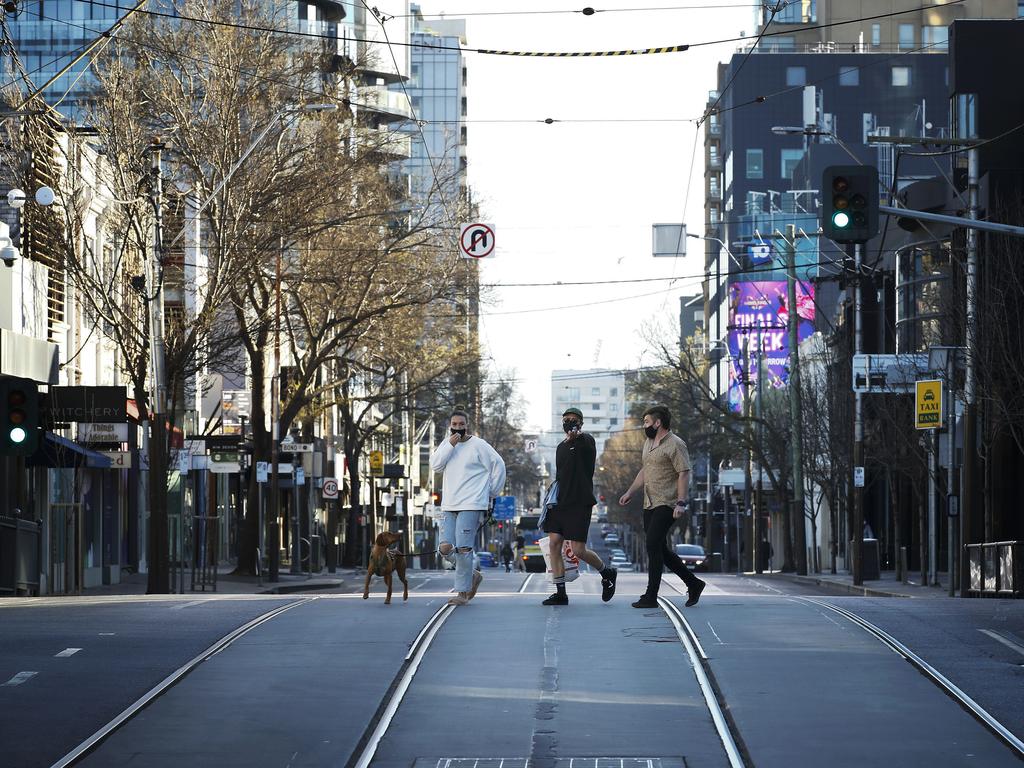Victoria is reminding me of Poland in 1981

My family and I left Poland for Melbourne in 1981, fleeing martial law imposed by dictator General Wojciech Jaruzelski, who was determined to hold on to power and crush the rise of the Solidarity movement.
Poland at that stage was firmly ruled by the communist leader in alliance with the Soviet Union. However, the independent trade union Solidarity, led by Lech Walesa and supported by Pope John Paul II, was gathering support from everyday people.
The communists couldn’t risk the Solidarity movement gaining more ground so hit back with restrictions under martial law to prevent further dissent. Those martial law restrictions enacted by Jaruzelski in 1981 are oddly similar to those Victorians are living with under Daniel Andrews’s rule four decades on.
There was a 10pm curfew with police patrols enforcing zero tolerance. Borders were closed. Movement between cities and regions was prohibited unless you carried a special permit. Classes in schools and universities were suspended. Telephone communications were monitored. Opposition activists were arrested, many without charge. The police (called the Militia) became an arm of the government.
The Poland we left was in turmoil. The economy was failing, with food shortages commonplace. Protests were on the rise as Poles were restless that they bore the cost of the government’s failures. The effect of martial law was to punish all citizens for the government’s — and the socialist system’s — failures. Jaruzelski’s priority was to hold on to power rather than address the failings of his government.
Many families engaged in silent but brave protest by placing lit candles in their windows after curfew. Thousands of candles flickering in apartment windows were a poignant sign of a people lamenting lost freedoms, together in silence.
I remember my mother and father being nervous in expressing their views on the government to others, even close friends, for fear of being denounced to the authorities. At school, we were taught to follow the example of Pavlik Morozov, a Russian boy who denounced his father to the Soviet authorities and was killed for it by his family. He was held up as a hero. For my parents, the prospect of being reported to the authorities by their own child must have been terrifying. The socialist system aimed at supplanting family loyalty with loyalty to the state.
Ironically, the introduction of martial law was fortuitous for our family and others like us. We were granted refugee status and, with it, Australian citizenship. Australia has been good to us and we will be forever grateful. Despite being working class, we never had want for anything. Perhaps most important, we never had to think twice about expressing our views. When you have experienced repression, you appreciate your freedoms. You know that freedom can never be taken for granted because governments can remove it summarily.
But never did I think our basic freedoms would be removed in Australia. Never did I think a pregnant woman would be handcuffed for merely saying she would protest against the government. This is not the Australia in which my family sought refuge.
The Polish people’s fight to regain the freedoms they lost under martial law took a further eight years and ended with the ultimate collapse of the socialist regime in 1989. Many people died, families were broken, dreams lost and generations wasted.
Andrews’s rhetoric is worryingly reminiscent of the former Eastern bloc’s socialist leaders. He blames Victorians for the actions he has had to take to protect us while removing civil liberties that no democratic government should ever touch. He is relying on unelected and unseen “experts” to justify removing our freedoms, much like Jaruzelski did with his Military Council of National Salvation.
My mother cannot believe that at 78 she again finds herself under effective house arrest in a democratic Australia.
A crisis can lay bare the instincts of leaders. Once a government takes away civil liberties, it doesn’t always find it easy to give them back without a fight.
And what of Poland now? It is one of the fastest growing large economies in Europe. Even in a COVID-19 world, domestic and international travel is allowed, masks are not compulsory in public spaces and indoor and outdoor gatherings are permitted. Compared with Victoria, Poland has experienced lower cases and deaths per population. And all without sacrificing civil liberties.
Perhaps it is only when you have to fight for your civil liberties that you learn you never want to give them up again.
Jack Mordes, a management consultant, arrived in Australia with his family in 1981 aged nine.







The restrictions in Victoria on our movements, our work, and even our thoughts bring back chilling memories for those of us who escaped totalitarian regimes.